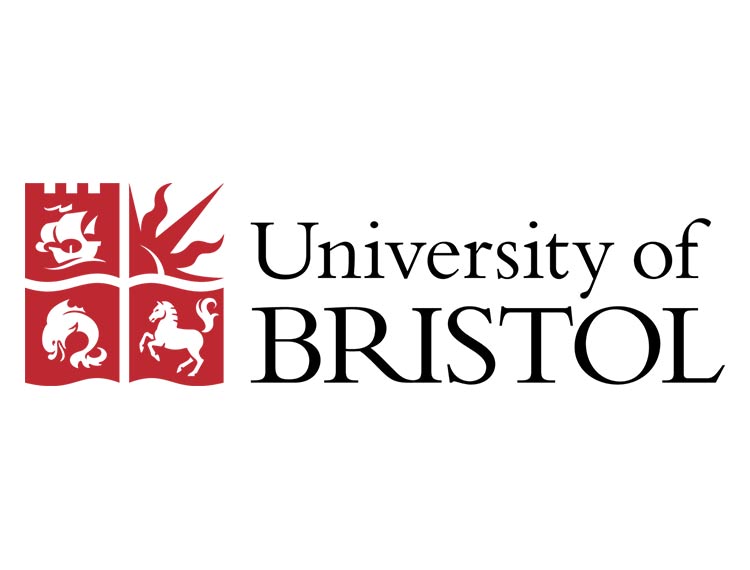Two University of Bristol Academics Honoured with Royal Society Fellows

George Davey Smith, Professor of Clinical Epidemiology and Director of the Medical Research Council Integrative Epidemiology Unit (MRC IEU), hosted by the Bristol Medical School: Population Health Sciences, has led important developments in our understanding of what determines – and how to prevent – ill-health within society. His research has focused on how social inequalities in health are generated by exposures over an entire life course, and the use of genetic data to improve understanding of how environmentally modifiable risk factors influence disease risk in populations.
He has contributed to over 1,000 peer-reviewed publications, and has worked on many international projects, ranging from HIV/AIDS prevention programmes in Nicaragua, research into the emerging non-communicable disease burden in India and studies of socioeconomic and ethnic inequalities in health in the USA, India and several Nordic countries.
Professor Davey Smith pioneered an innovative approach to epidemiological study, called Mendelian randomization, which leads to more valid inference about the causes and prevention of disease, and is now very widely used in studies internationally.
Professor Davey Smith said: “I am honoured to have been elected a Fellow of the Royal Society. Working in the field I do is a team effort, involving many people who have skills I don’t possess, and our work receiving recognition is a reflection of the fantastic environment for population health sciences that Bristol provides.”
Michael Kendall, BGS Professor of Geophysics and Head of the Geophysics Group in Bristol’s School of Earth Sciences, is a seismologist whose research has led to discoveries in areas ranging from the Earth’s crust to its core. He is a pioneer in the application of seismic anisotropy to better understand the dynamic behaviour of the Earth’s boundaries on a range of scales.
From the Canadian Arctic to Ethiopia, Professor Kendall has worked internationally, providing new insights into the behaviour of tectonic plates. He has spent nearly 20 years working in East Africa, revealing the role of the mantle in the breakup of continents. His breakthroughs have come from an ability to translate discoveries and solve problems across disciplines, including volcanology and glaciology. Early in his career he recognised the importance of human-induced seismicity, working closely with industry and regulators across a range of applications.
Professor Kendall explained: “To reveal how the Earth works, I have studied its boundaries – but looking across disciplines with a wide range of people has been essential in pushing new boundaries. Throughout my career, I have been fortunate to have worked with talented young scientists and to have had very supportive and collaborative colleagues. I am really happy to have been elected a Fellow of the Royal Society.”
Professor Sir Venki Ramakrishnan, President of the Royal Society, added: “Over the course of the Royal Society’s vast history, it is our Fellowship that has remained a constant thread and the substance from which our purpose has been realised: to use science for the benefit of humanity. This year’s newly elected Fellows and Foreign Members of the Royal Society embody this, being drawn from diverse fields of enquiry—epidemiology, geometry, climatology—at once disparate, but also aligned in their pursuit and contributions of knowledge about the world in which we live, and it is with great honour that I welcome them as Fellows of the Royal Society.”











Responses